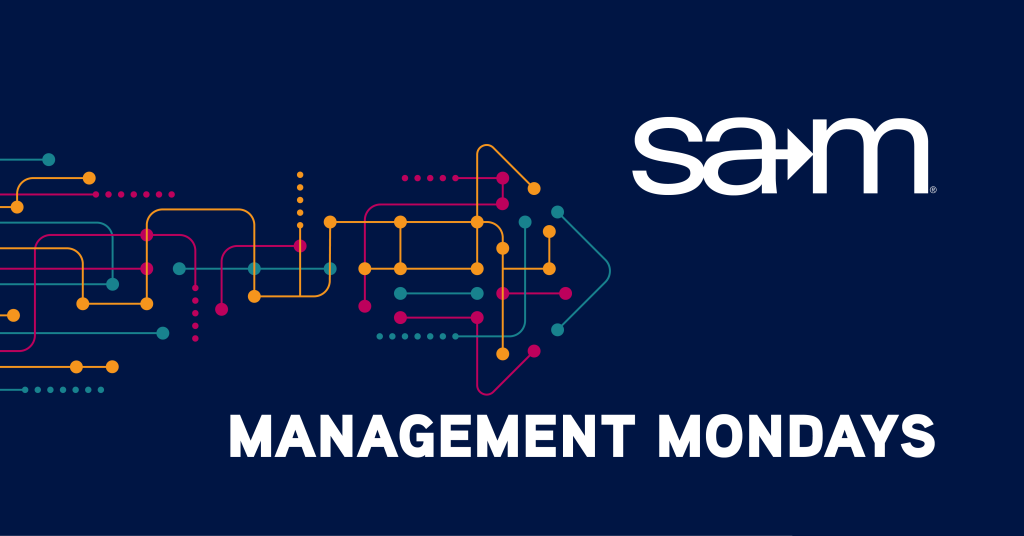
Most professionals enter the workforce believing that mastering their job responsibilities is the most important factor in advancing their careers. Technical proficiency forms the base of your credibility and ensures that you meet the expectations of your role. Whether you work in marketing, finance, operations, or any other field, being dependable and detail-oriented is essential. People who consistently deliver quality work build trust and are more likely to be invited into conversations about higher-stakes projects. That said, technical ability alone rarely moves the needle on its own. You can complete every task flawlessly and still be overlooked when new opportunities arise. Mastery of your core job functions is a requirement, but it is not a guarantee of recognition or growth.
Many professionals mistakenly assume that their performance speaks for itself. In some cases, it does, but in most organizations, effort needs a visible and strategic context. Relying entirely on technical skills can lead to being labeled as reliable but not dynamic. As projects become more complex and leadership becomes more relational, you need to build additional capabilities to remain competitive. If you want your work to be seen and valued at the next level, you need to supplement your expertise with the ability to collaborate effectively, communicate with influence, and make your value known across the organization. Technical skills give you a seat at the table, but they do not keep you in the room. To grow your career, you must pair your knowledge with skills that amplify your presence.
The Relationship Advantage
Relational proficiency is often underestimated in career development, but it plays a critical role in long-term success. Building relationships is not about being the most social person in the room. It is about developing trust and learning how to work with others toward shared goals, even when personalities or viewpoints differ. Organizations depend on teams that function smoothly, and people naturally gravitate toward colleagues who are collaborative and reliable. If you become known for fostering strong partnerships, others will be more likely to involve you in high-value work. This reputation does not come from popularity but from being consistent, approachable, and invested in collective outcomes. Being relational helps you become visible in the right ways, even if you are not the loudest voice in the room.
Many key opportunities do not come from formal channels but through casual conversations and referrals. Someone who remembers your professionalism, even from a brief collaboration, may be the one to recommend you for your next advancement. If your relationships are confined to a small inner circle, you are limiting your reach and the scope of your influence. Strategic networking across departments, roles, and seniority levels increases your exposure and helps others understand your value beyond your current position. You do not need to be best friends with everyone, but you do need to be known. The more people who see you as a resource, the more doors will open when you are ready for the next step. Relational strength is not optional if you want to grow into leadership roles or more complex responsibilities.
Influence as a Strategic Career Tool
Influence is often confused with authority, but they are fundamentally different concepts. Authority is granted through titles and roles, while influence is earned through behavior, communication, and trust. A person without a formal leadership title can still lead by guiding conversations, shaping ideas, and encouraging others to act. This type of leadership is not reliant on rank. It comes from a person’s ability to engage others, articulate a clear purpose, and inspire confidence. Professionals who understand the power of influence become known as trusted contributors. They are seen as people who elevate the work of others and drive progress without needing to control every outcome.
Building influence begins with listening and observing the motivations of those around you. It requires being thoughtful about timing, delivery, and the impact your words have on the group. Influential professionals know how to align their ideas with the interests of others so that support becomes a natural outcome. They do not force action but instead create momentum by framing their contributions in ways that speak to shared goals. Influence grows when you show consistency, understand context, and stay connected to the needs of the organization. Over time, your ability to shape direction and resolve conflict becomes just as important as your technical expertise. When others seek your perspective before making decisions, you know your influence is making an impact.
Combining All Three for Career Leverage
Professionals who want lasting success must learn how to integrate technical expertise, relational skills, and influence into a cohesive approach. Each area provides value on its own, but the real career momentum comes from the way they support and strengthen one another. Technical skills ensure you meet expectations and contribute meaningfully to projects. Relational skills build trust and foster cooperation, making it easier to work across functions and levels. Influence allows you to communicate effectively, gain buy-in, and drive ideas forward. When you develop all three, you become more than a high performer. You become someone who can adapt, lead, and navigate challenges with confidence.
Imagine your career as a construction project that requires careful planning, strong teams, and clear direction. Your technical proficiency provides the plans, your relationships supply the team, and your influence gives everyone the motivation and clarity to move together. If one element is missing, progress becomes harder and less effective. When all three are present, the results are smoother, stronger, and more impactful. Leaders and decision-makers notice those who bring a balanced, versatile skill set to the table. Building these three proficiencies is not a luxury; it is a strategic choice that positions you for long-term opportunities. The professionals who move forward consistently are the ones who do not leave any of these areas underdeveloped.
Final Thoughts
Career momentum does not happen automatically. It comes from being intentional about how you develop and apply your skills. Many professionals focus only on technical growth and wonder why they remain in the same role for years. They may be excellent at their tasks but invisible to the people who make decisions. Building relationships and learning to influence are not side skills. They are core competencies for anyone who wants to move forward. If you want to lead projects, inspire trust, and earn broader responsibility, you must expand your toolkit.
The three proficiencies of technical strength, relational skill, and influence create a powerful foundation when developed together. Each supports the others and creates opportunities that would otherwise stay out of reach. When you understand how to combine them, your value becomes clear to colleagues, supervisors, and collaborators. You become someone who not only performs but also guides, connects, and elevates the work around you. These skills are not reserved for a select few. They are available to any professional willing to practice them with purpose and persistence. The more you refine these areas, the more ownership you will have over the course of your career.
If you are ready to take control of your career and expand your impact beyond your current role, now is the time to build the skills that drive real progress. Enroll in our Talent Management and Career Development course to strengthen your ability to grow talent, starting with your own. This course provides practical strategies for navigating the five stages of the career life cycle and equips you with tools to identify skill gaps, apply effective training approaches, and support others through leadership development. SAM members receive a 20% discount, join today and take advantage of this and many other membership benefits!

Written By,
Patrick Endicott
Patrick is the Executive Director of the Society for Advancement of Management, is driven by a deep commitment to innovation and sustainable business practices. With a rich background spanning over a decade in management, publications, and association leadership, Patrick has achieved notable success in launching and overseeing multiple organizations, earning acclaim for his forward-thinking guidance. Beyond his role in shaping the future of management, Patrick indulges his passion for theme parks and all things Star Wars in his downtime.
